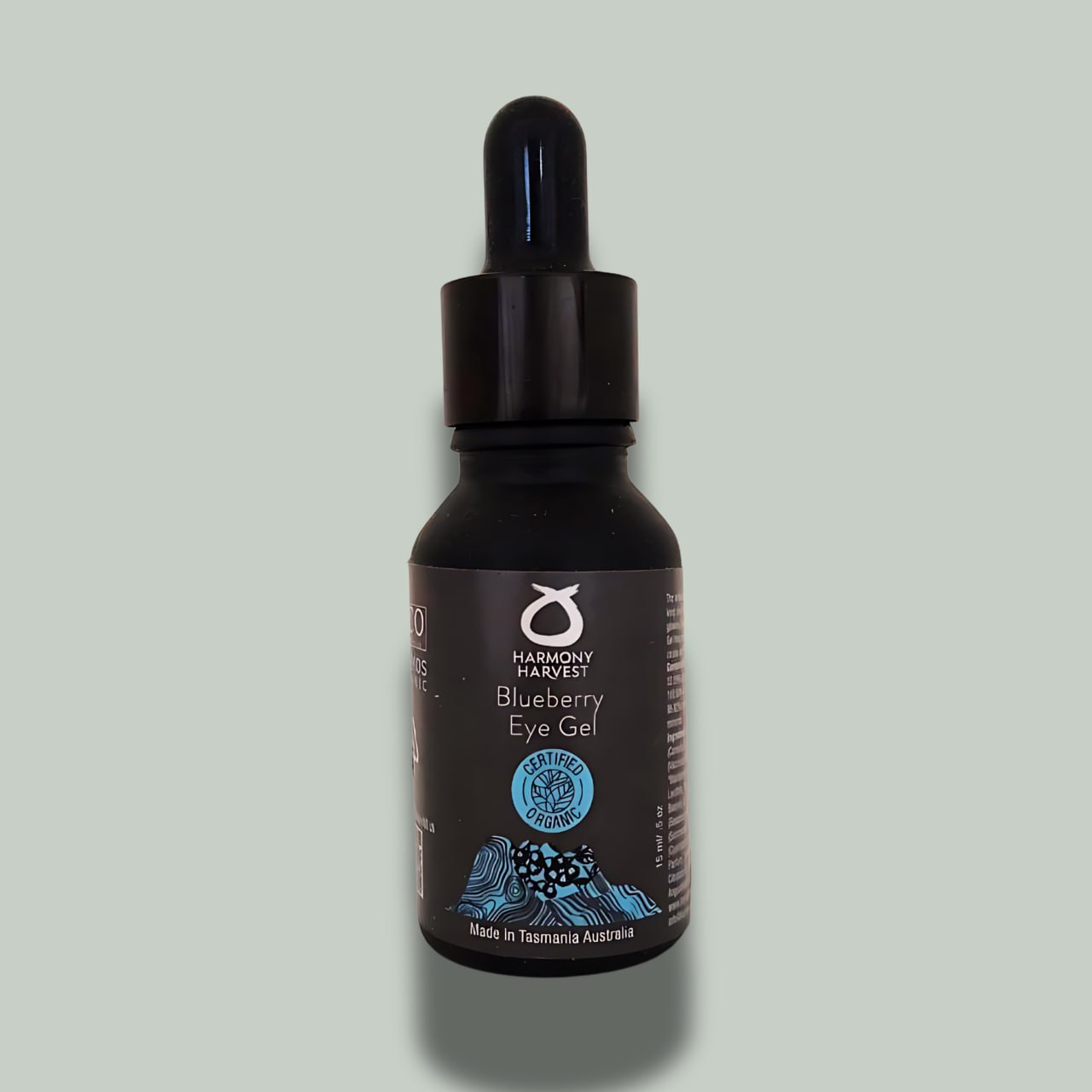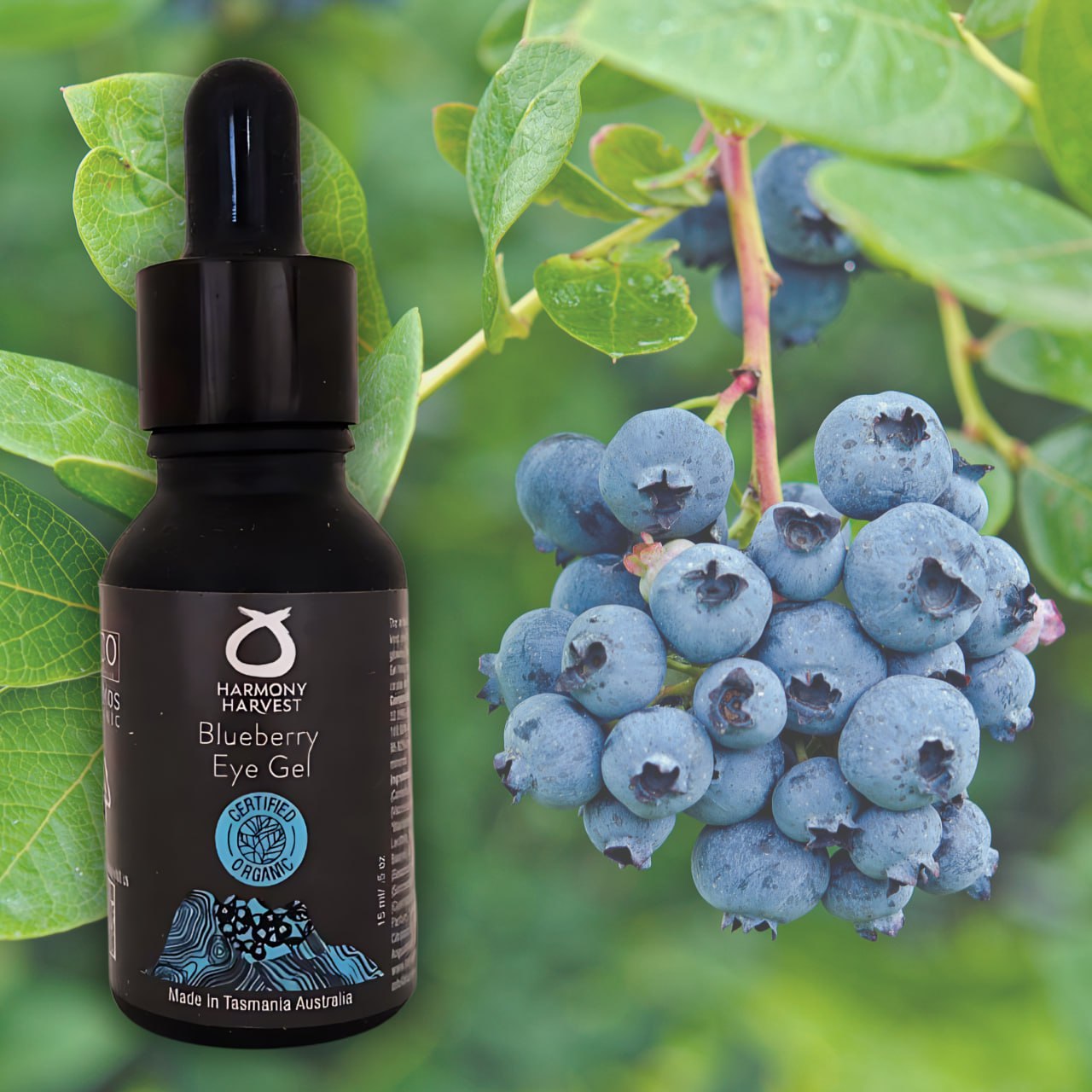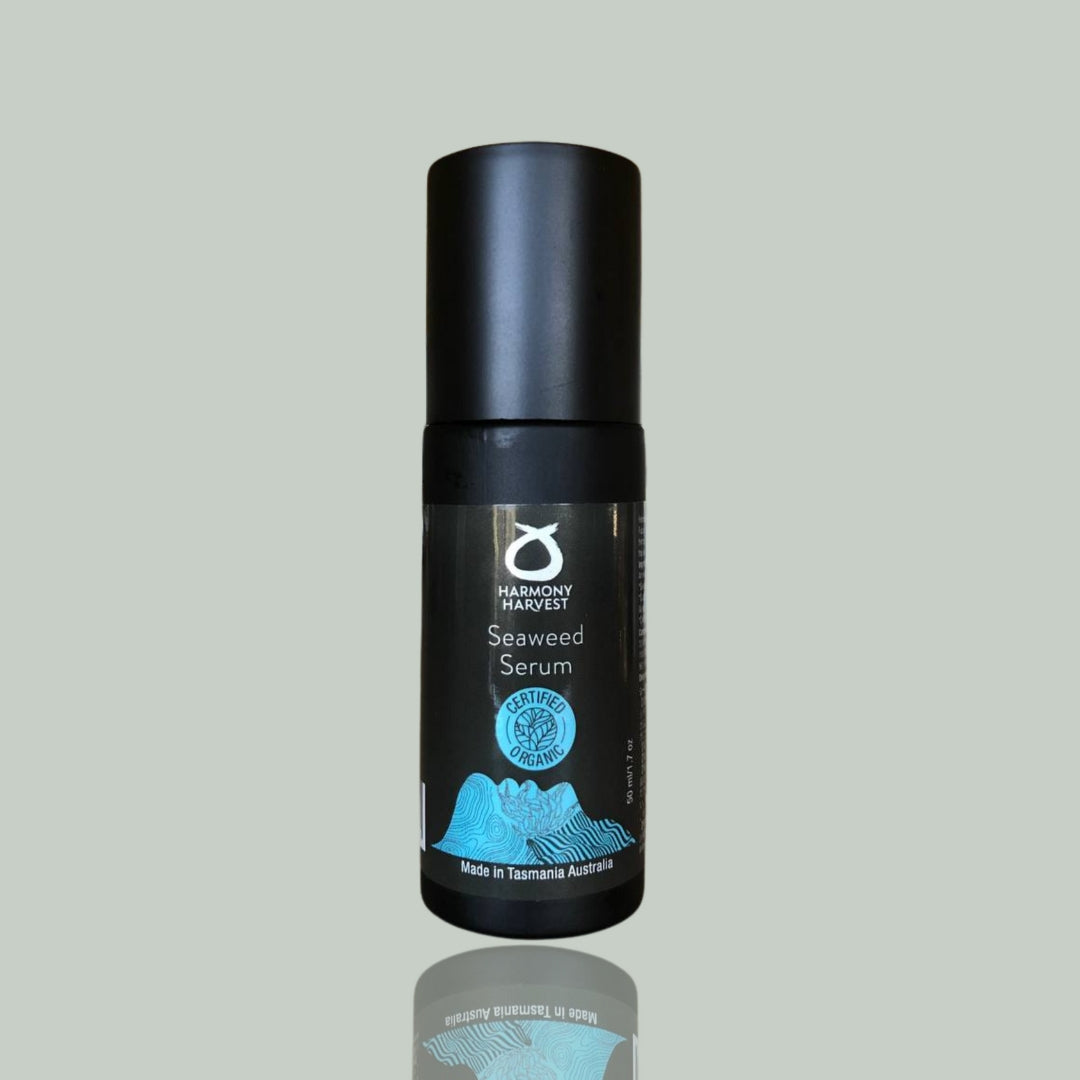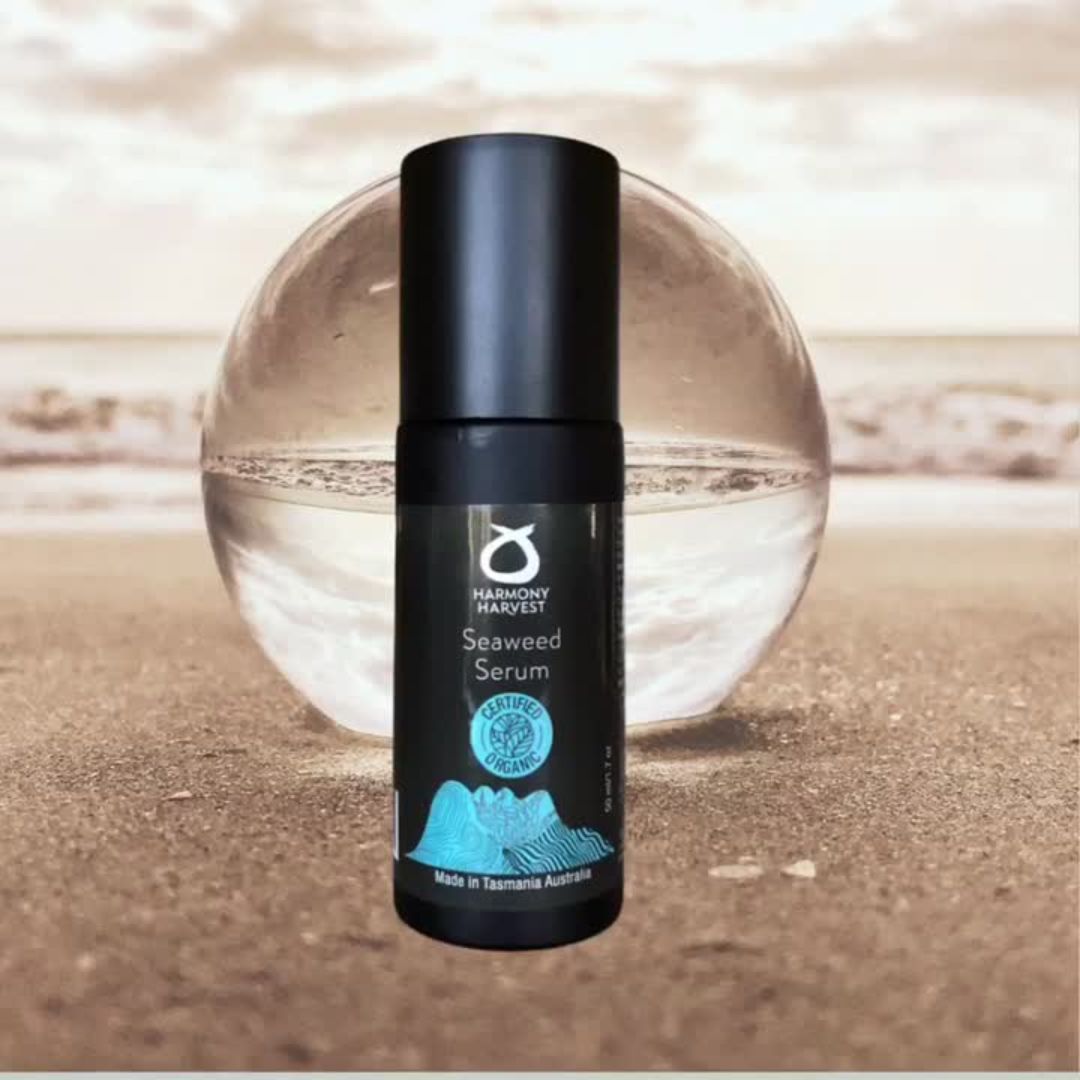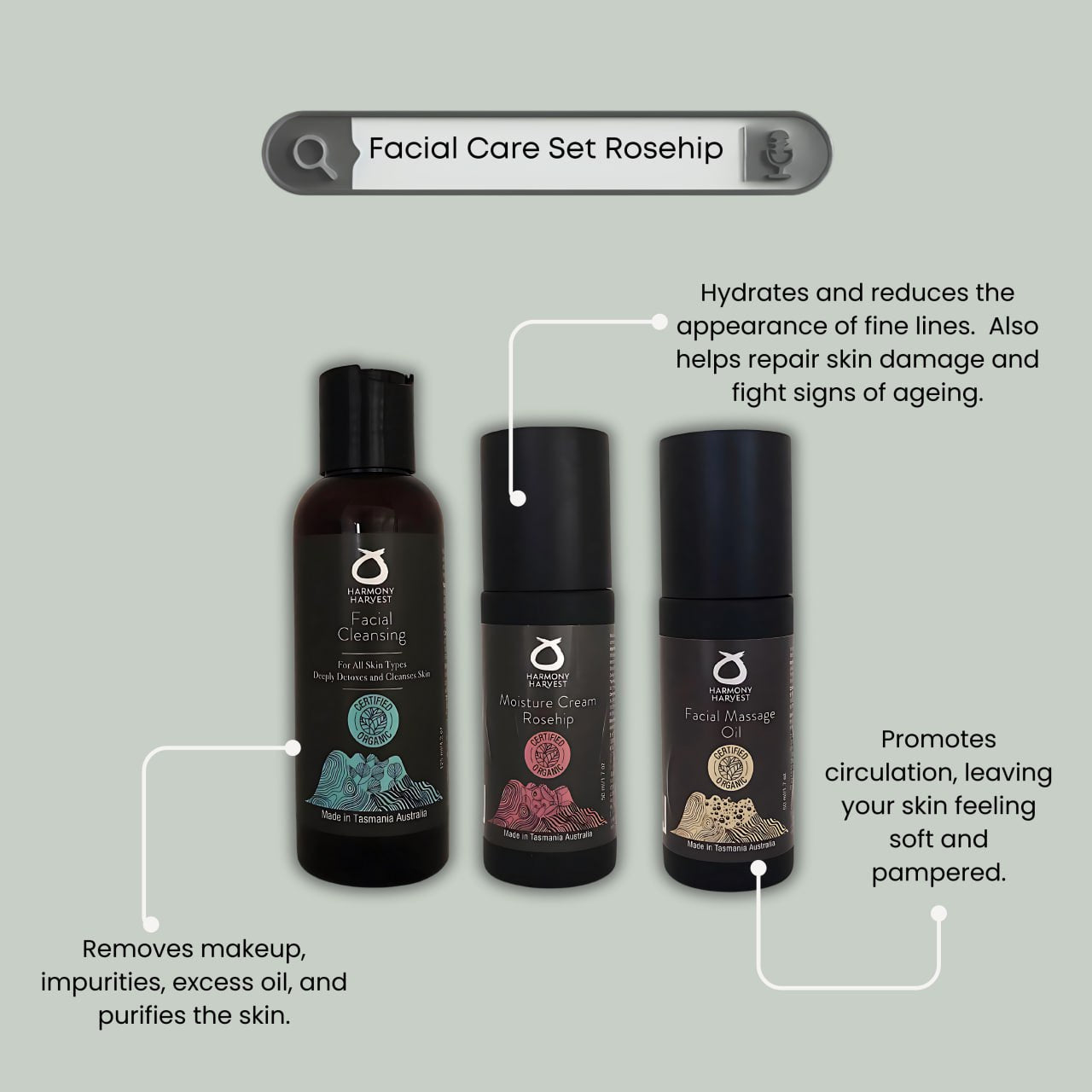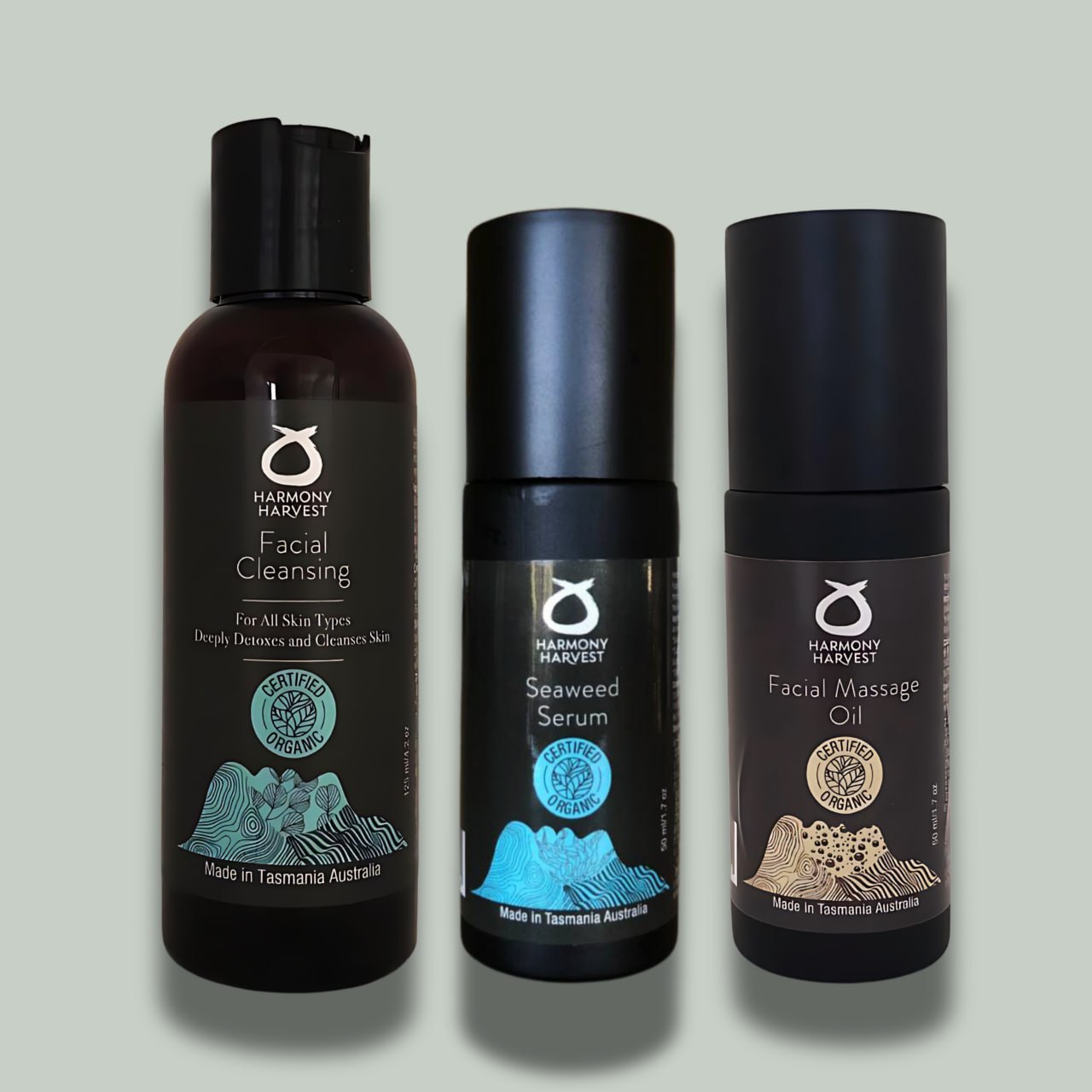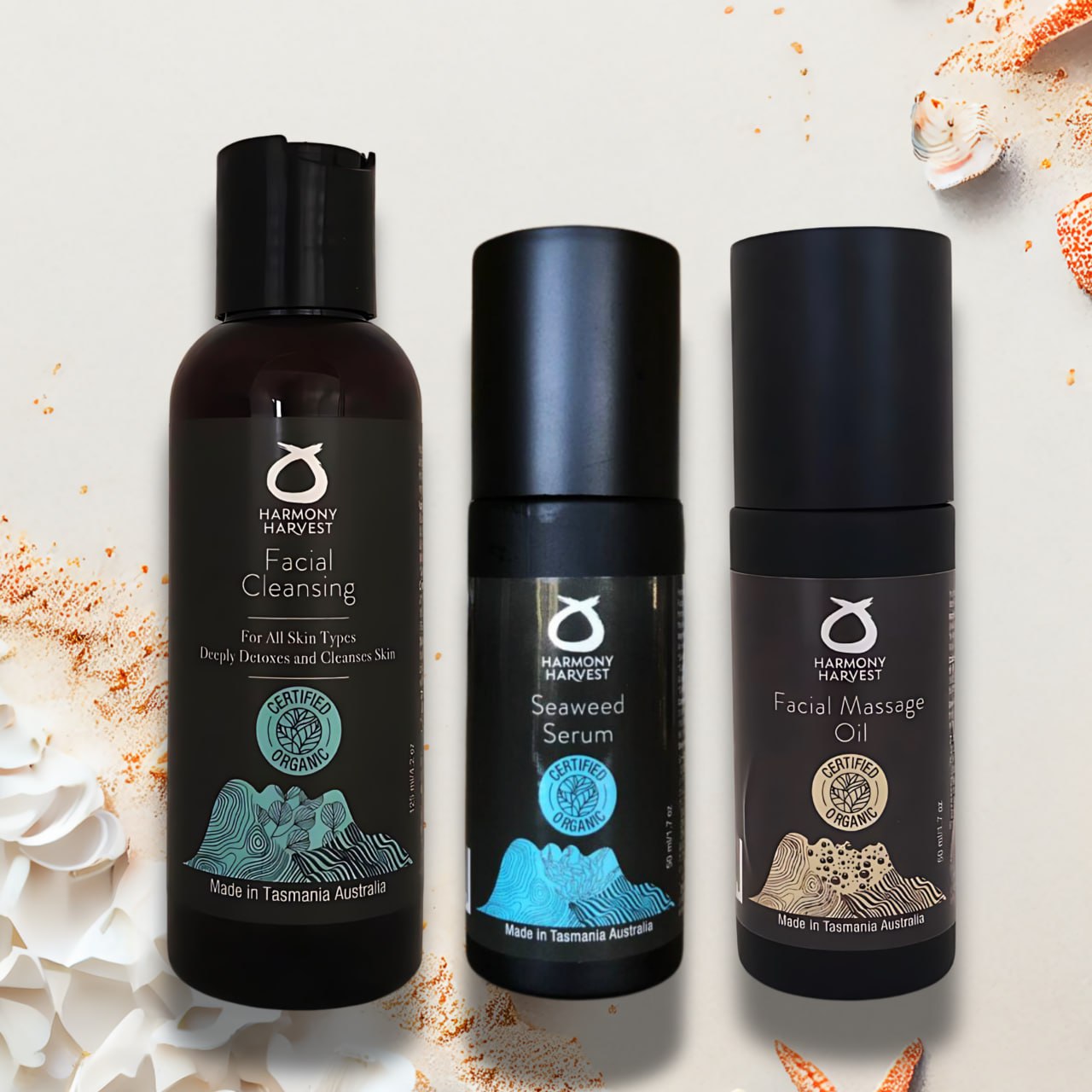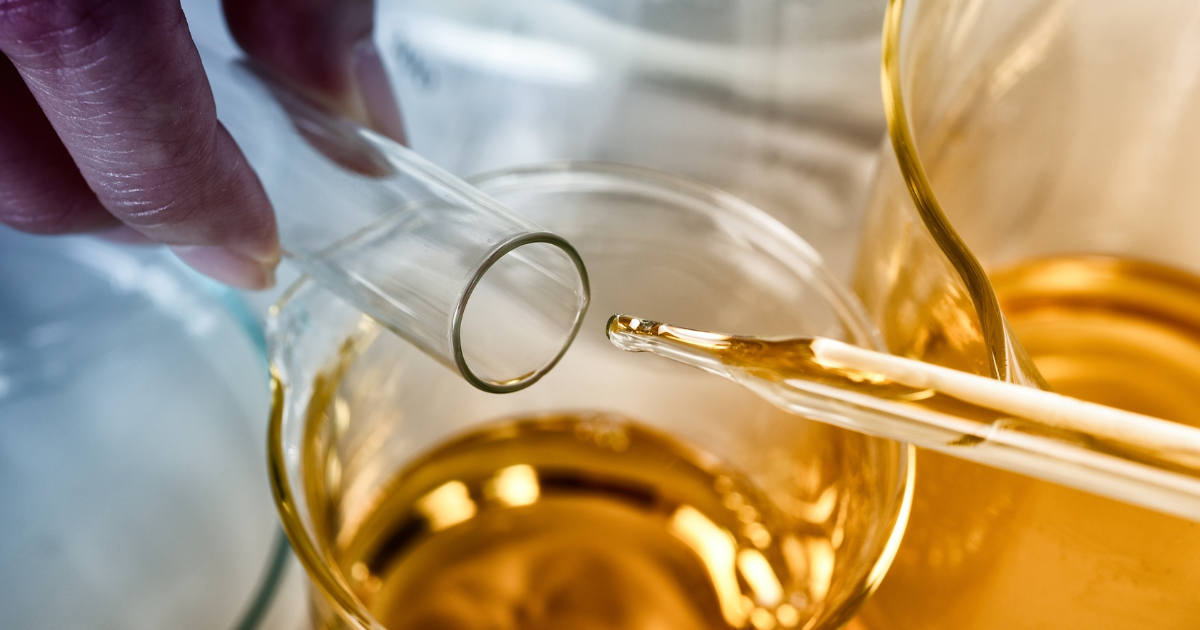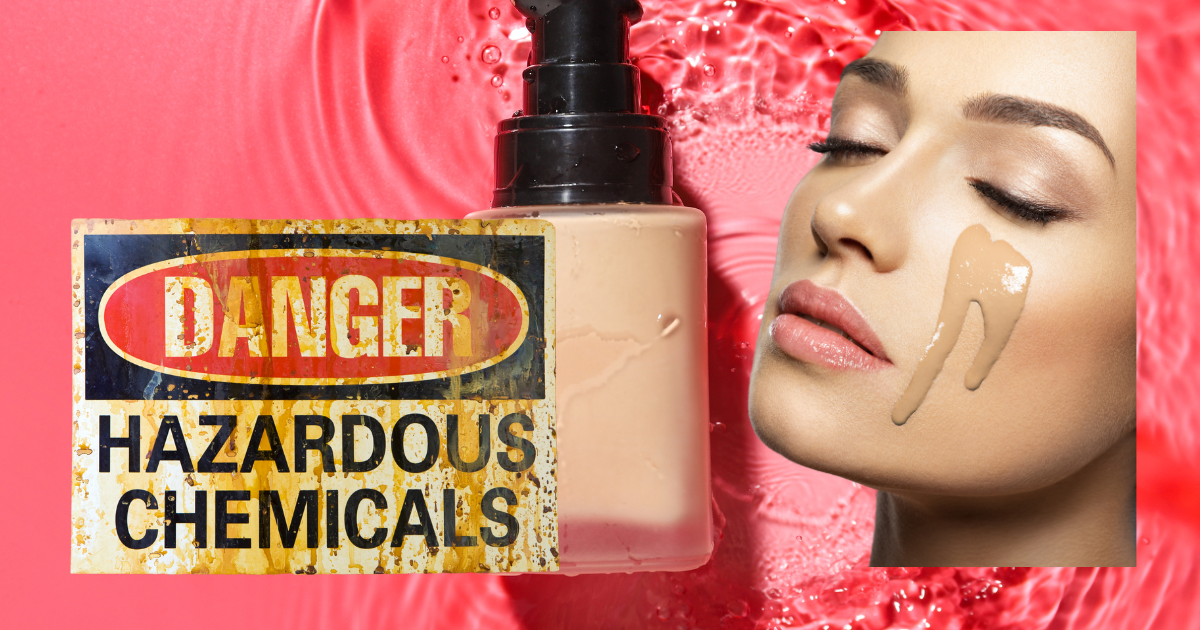
The Toxic Truth About Super-Stay Makeup
Long-lasting foundations, often marketed as "super stay" or "full coverage," promise durability and flawless finishes. However, many products contain harmful chemicals such as vinyl polymers, tin oxide, silicones, PEGs, nylon, and aluminum compounds. These ingredients can pose serious risks to skin health and overall well-being and contribute to environmental harm.
1. Vinyl Polymers: A Plastic Film on Your Skin
Vinyl polymers derived from petroleum are used to make long-lasting foundations by creating a film on the skin. While this provides a smooth and durable finish, it also blocks pores, preventing the natural release of oils and toxins. Over time, this can lead to skin irritation, acne, and weakened skin barriers.Additionally, vinyl polymers contribute to microplastic pollution, as highlighted in studies by Environmental Science & Technology.
2. Tin Oxide: More Than Just a Shimmer
Tin oxide is often added to foundations to create a reflective, radiant look. However, exposure to tin oxide comes with serious health risks:
- Inhalation Risks: Tin oxide dust or fumes can irritate the respiratory system, causing symptoms like nausea, vomiting, and even severe conditions like metal fume fever, which may lead to pneumonia. Chronic exposure can result in stannosis, a form of lung disease.
- Contact Irritation: Tin oxide can cause irritation to the skin and eyes.
- Organo-Tin Compounds: These derivatives are even more toxic and have been linked to neurotoxicity, harming the nervous system
3. Silicones: The Hidden Blockage
Silicones like dimethicone are added to create a silky, smooth texture. However, they act as occlusives, trapping impurities, bacteria, and sweat under the skin. Over time, this can cause clogged pores, dullness, and impaired skin renewal. Research from the Journal of Cosmetic Dermatology indicates that prolonged use of silicone-heavy products can hinder the skin’s ability to "breathe," exacerbating issues like acne and sensitivity
4. PEGs and Nylon: The Chemical Cocktail
Polyethylene glycols (PEGs) are commonly used as emulsifiers, but their production often involves carcinogenic contaminants like ethylene oxide. PEGs can also make the skin more permeable, increasing the absorption of harmful substances. Nylon, a microplastic used for a matte finish, contributes to environmental damage and can irritate sensitive skin
5. Nylon Derivatives: Microplastic Pollution
Nylon is a synthetic polymer added to foundations for a smoother application and matte finish. While it enhances the product's texture, it contributes to microplastic pollution when washed off. Studies published in Science Advances confirm that microplastics such as nylon accumulate in aquatic ecosystems, where they disrupt marine life and the broader environment.
6. Aluminum Compounds: Oxidative Stress Risks
Aluminum, occasionally found in cosmetics for its pigment and reflective properties, is linked to oxidative stress in the brain, liver, and kidneys. Overexposure to aluminum can increase free radicals in the body, disrupt enzyme activity, and impair cellular functions. Studies from toxicological research further associate aluminum exposure with neurological disorders and chronic inflammation.
Stop Covering Skin with Harmful Plastic Foundations

Instead of layering your skin with potentially harmful chemicals found in plastic-like foundations, consider an alternative approach: nourishing your skin with vegan, organic skincare. These products, free of synthetic additives, promote natural radiance and allow your skin to heal and thrive.
By focusing on skincare that supports skin health, you may no longer feel the need for heavy foundations. A bare, radiant complexion is achievable through consistent care with high-quality, organic products. This shift not only benefits your skin but also reduces exposure to chemicals that could harm your health in the long term.
Safer, Sustainable Alternatives
- Switch to Vegan, Organic Skincare: Products certified by COSMOS Organic, like those from Harmony Harvest, ensure that harmful chemicals are avoided. These alternatives work to nourish your skin, promoting a glowing, makeup-free look.
- Rethink Your Routine: Embrace products that focus on skin health rather than temporary coverage. Ingredients like natural oils, plant-based extracts, and antioxidants can repair and protect your skin.
- Be an Informed Consumer: Always read ingredient labels and avoid foundations containing vinyl polymers, PEGs, silicones, nylon, and aluminum.
While trendy, long-lasting foundations may provide instant results, the long-term risks to your skin and health are significant. Transitioning to nourishing, organic skincare allows your natural beauty to shine without the need for heavy makeup. Choose health over hype and protect both your skin and the planet.
Referrences:
- Journal of Cosmetic Dermatology
- Environmental Working Group
- Science Advances on Microplastics
Best Sellers


